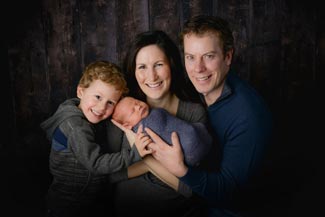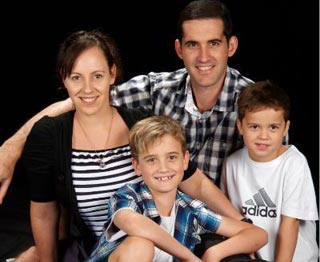10 – 12 years physical and sexual development
At this stage, your child’s body, regardless of sex, will begin to change shape and mature. Whether she’s an early or late bloomer, change is inevitable and will commence in its own time – like tooth development, it cannot be hurried or slowed.
Girls:
Girls will begin budding breasts at around ten or eleven years, her hips will start to become shapelier. Some girls may begin to menstruate at eleven or twelve years, although this is generally regarded as an early start and it’s likely that at this age that she won’t be emotionally prepared for these changes – particularly if she’s still in primary school and maturing faster than her friends.
The commencement of menstruation can be a complicated time when the emotional and physical wellbeing of your daughter come together. While she may be excited that she’s maturing, some girls experience feelings of anxiety about this irrefutable proof of approaching adolescence and a more independent life.
It’s very important at this stage, that you present an attractive picture of womanhood and that you work hard to keep the channels of communication open with your daughter. While she will, no doubt, become more private about her life, make sure that she knows that you are proud of her and excited that she’s growing up (even if a little part of you is mourning for the tetchy toddler you had only minutes ago).
Boys:
While the physical changes and emotional challenges may not be as dramatic as girls at this age, boys are still undergoing change. Boys do tend to physically mature later than girls but around 12 years, they will experience masturbation and nocturnal emissions. He may at this age also become exceptionally competitive and judge his social status as being tied to his sporting prowess.
What can I do to encourage physical development?
Encourage him to engage in some regular physical activity that will help maintain a good body image.
If he plays sport, make sure that you watch their games as often as possible and be supportive of their efforts.
Pay attention to how your child feels about the changes in their body.
Why do you think Australia parents host an au pair? What do they expect to gain from the experience? You may have given a lot of thought about your reasons why you want to be an au pair but it is important that you understand your host parents reasoning too.
Many families choose to host an au pair because they need help caring for their children and with light housework. They prefer to have someone living with them to help out than send their child to day care or after school care or have lots of babysitters come to their home. Although it is expensive to host an au pair, it provides the family with added flexibility AND added interest of learning and showing their children another culture and possibly another language.
Many families have a close connection with Europe and have either emigrated themselves or are maybe children of immigrants.
Families will be keen to keep you for the full 6 -12 months that your visa allows you to stay with them. Should you need to leave any earlier, please give them as much notice as you can but no less than 2 weeks as families will find it hard to replace you at short notice and the children will have grown fond of your too.
As an au pair you are welcomed as a ‘member of the family’. You are like an older sister to the children and must make sure you behave at all times like an additional adult in the family. Your host parents are expected to make you feel at home and make your stay pleasurable but it is your own responsibility to take initiative to do so also. You need to find friends and go out to explore and not wait to be taken.





